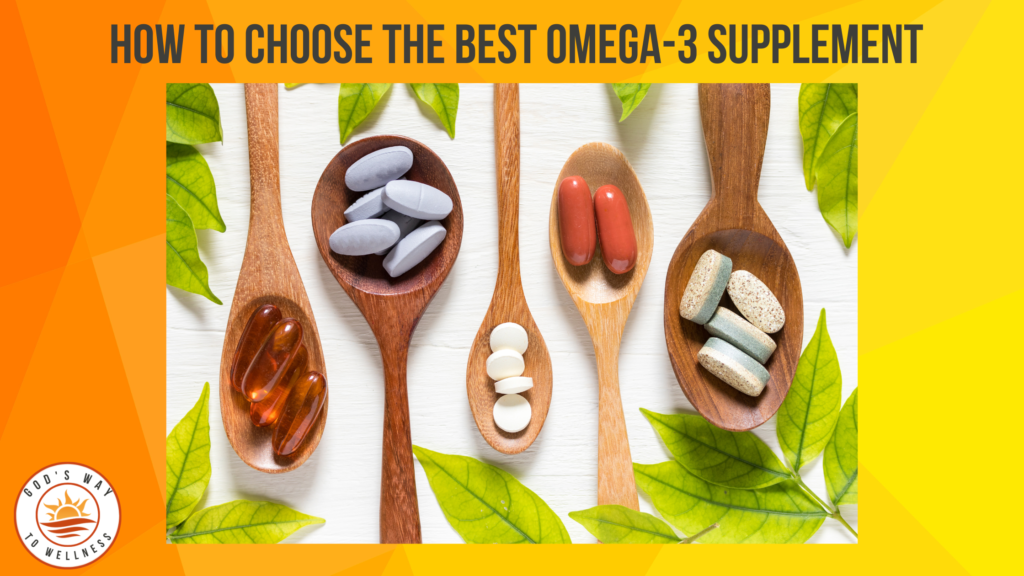Did you know plants have been used as medicines for centuries? Ancient Chinese and Egyptian papyrus writings describe medicinal uses for plants as early as 3,000 BC.
Ayurveda, Traditional Chinese Medicine, and Native American medicine often use medicinal herbs and spices. Some pharmaceuticals still contain plant-based ingredients; aspirin and morphine are examples.
Therefore, herbs and spices are not just for cooking and flavoring food because they contain many potent anti-inflammatory compounds. So, add more herbs and spices to your diet to fight inflammation. You might even have some in your kitchen cabinet!
What is inflammation?
Acute inflammation is the body’s natural way of protecting itself from an injury or any foreign invaders such as bacteria and viruses, and to aid in the body’s healing.
When inflammation continues, even when there is no injury, it becomes chronic.
Current research links many degenerative diseases, such as Alzheimer’s disease, asthma, rheumatoid arthritis, cancer, heart disease, and type 2 diabetes to chronic inflammation
What is the difference between spices and herbs?
Spices are made from several portions of plants–seeds, bark, flowers, and roots.
For example, cinnamon is a spice from the bark of trees. Ginger and turmeric are roots. Garlic, although a vegetable, is commonly used as a spice when ground and is not usually consumed raw.
Herbs are usually leaves of the plant, such as basil, rosemary, and oregano.
Common herbs and spices to fight inflammation
Here are the best anti-inflammatory herbs and spices to fight inflammation because they are easily found in your spice rack or grocery store. Check out the references at the end of the post for more information.
- Turmeric
- Sage
- Rosemary
- Paprika
- Parsley
- Oregano
- Ginger
- Garlic
- Cinnamon
- Cilantro
- Black pepper
How to add more herbs and spices to your diet
Here are a few ideas to use more herbs and spices in your daily meals. Experiment and discover ideas of your own!
- Sprinkle cinnamon and nutmeg on oatmeal or baked sweet potatoes.
- Make ginger tea, hot or cold.
- Sprinkle rosemary, oregano, or dill on salmon or other baked fish.
- Try my recipe for Healthy Springtime Quinoa Salad containing parsley.
- Ditch the bottled salad dressings. Make a quick and easy dressing with fresh ingredients. Whisk together equal amounts of olive oil and balsamic vinegar. Add black pepper and garlic, and your favorite herb or spice such as oregano, cilantro, or rosemary.
- Make herb butter to top steak, vegetables, or bread.
- Check out Dr. Berg’s liver detox meal of eggs, garlic, onions, and your favorite herbs.
How to store herbs and spices
Store spices in glass containers away from heat and light.
Note the expiration date and if none are listed, use ground spices within 12-24 months. (I remember looking at little jars of spices in my cabinet and wondering, “how old is this?” So now I write the purchase date on the label.)
Check out this guide on how to store fresh herbs.
Final words
If you read my blog, you heard this before—food is medicine.
Herbs and spices are essential for adding flavor to our food, but also contain powerful anti-inflammatory properties to fight chronic inflammation, the source of chronic illnesses and aging.
How will you add more herbs and spices to your diet?
References
- Anti-inflammatory herbs and spices: https://www.healthline.com/nutrition/anti-inflammatory-herbs
- Anti-inflammatory herbs: https://draxe.com/nutrition/anti-inflammatory-herbs/
- Research on turmeric for arthritis: https://pubmed.ncbi.nlm.nih.gov/30975196/
- Effect of aged garlic on blood pressure: https://www.ncbi.nlm.nih.gov/pmc/articles/PMC4734812/
- Medicinal properties of sage: https://www.ncbi.nlm.nih.gov/pmc/articles/PMC4003706/
- Health benefits of oregano: https://www.medicalnewstoday.com/articles/266259
- Effect of cinnamon on blood glucose: https://www.ncbi.nlm.nih.gov/pmc/articles/PMC6425402/
- Therapeutic effects of rosemary: https://www.ncbi.nlm.nih.gov/pmc/articles/PMC4749867/



